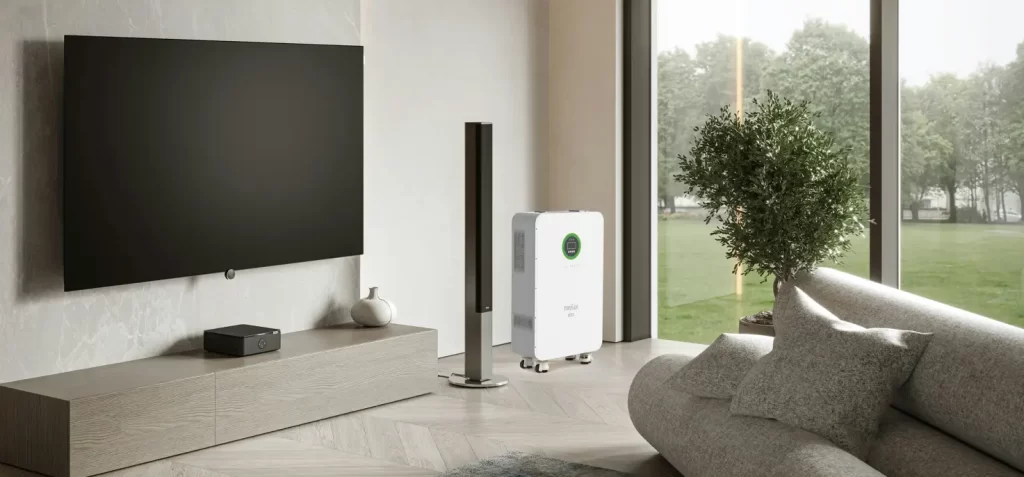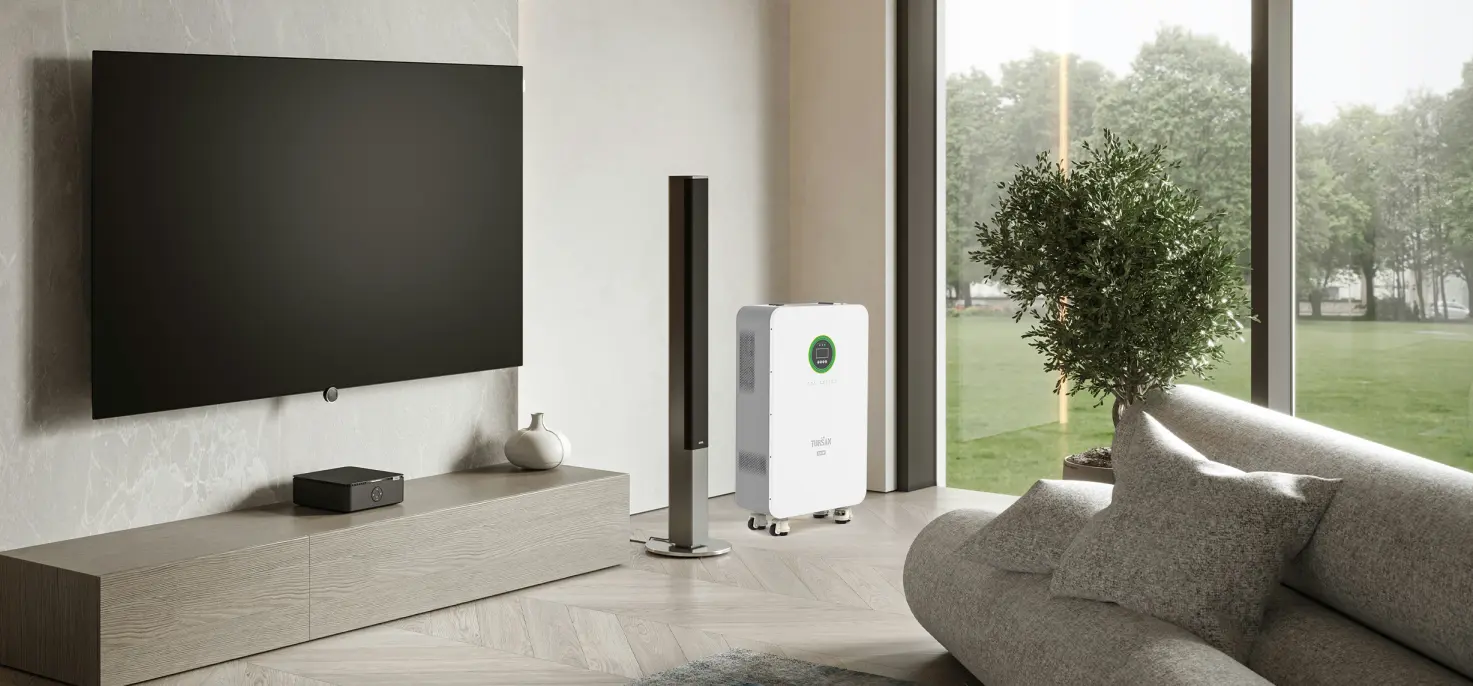
In recent years, the demand for battery generators for home use has surged significantly. This increase can be attributed to various factors including technological advancements, rising awareness about sustainable energy solutions, and an increasing number of power outages due to extreme weather conditions. This article delves into the current market landscape, consumer preferences, and future trends surrounding battery generators for home use.
Market Overview
Battery generators, also known as home battery backup systems or portable power stations, have become a crucial component in modern households. Unlike traditional gasoline-powered generators, these devices store electrical energy and provide a cleaner, quieter, and more environmentally friendly solution during power outages or for off-grid living.
Consumer Preferences
The growing interest in battery generators is driven by several consumer preferences:
- Sustainability: As environmental concerns rise, consumers are increasingly opting for eco-friendly alternatives to traditional generators. Battery generators produce zero emissions, making them an attractive option for the environmentally conscious.
- Noise Reduction: Traditional generators can be loud and disruptive. Battery generators operate silently, providing a significant advantage for residential areas.
- Ease of Use: Modern battery generators often come with user-friendly interfaces, remote monitoring capabilities, and easy installation processes, making them accessible even to those without technical expertise.
- Versatility: Many battery generators are designed to be portable, allowing users to utilize them not only at home but also during outdoor activities like camping or tailgating.

Technological Advancements
Technological innovations continue to drive the market forward. Improvements in battery technology, such as the development of lithium-ion and solid-state batteries, have resulted in higher energy densities, longer lifespans, and faster charging times. Additionally, smart grid integration allows these systems to optimize energy consumption and reduce electricity bills by storing energy when it is cheapest and using it during peak hours.
Future Trends
The future of the battery generator market looks promising, with several trends expected to shape its trajectory:
- Increased Adoption of Solar Energy: As solar panel installations become more widespread, the demand for complementary battery storage systems is likely to grow.
- Regulatory Support: Government incentives and subsidies aimed at promoting renewable energy solutions will further boost the adoption of battery generators.
- Enhanced Connectivity: The integration of Internet of Things (IoT) technology will enable smarter energy management and seamless connectivity between home appliances and battery systems.
- Cost Reductions: Continued advancements in manufacturing processes and economies of scale are expected to drive down the costs of battery generators, making them more accessible to a broader audience.
Challenges
Despite the favorable outlook, there are challenges that the market needs to address:
- Initial Costs: The upfront cost of battery generators can be high, which may deter some consumers despite the long-term benefits.
- Energy Density Limitations: Although improving, the energy density of batteries still lags behind that of fossil fuels, which can limit the duration and capacity of power supply.
- Recycling and Disposal: Proper recycling and disposal of batteries pose environmental and logistical challenges that need comprehensive solutions.
The market for battery generators for home use is expanding rapidly, driven by technological advancements, consumer preferences for sustainable and quiet energy solutions, and increasing incidences of power outages. While challenges such as high initial costs and energy density limitations remain, ongoing innovations and regulatory support are poised to overcome these hurdles. As the market continues to evolve, battery generators are set to become an integral part of modern household energy management, offering a reliable and eco-friendly alternative to traditional power sources.





